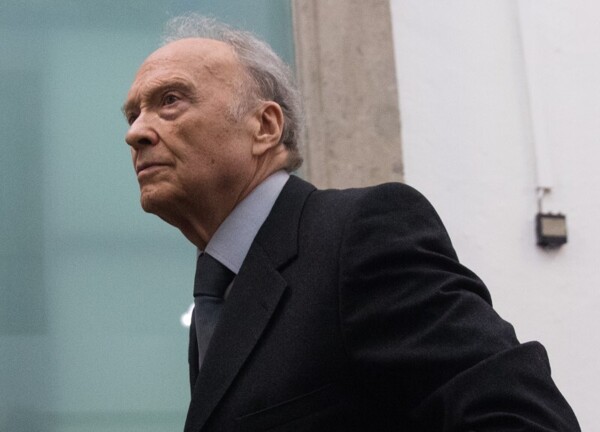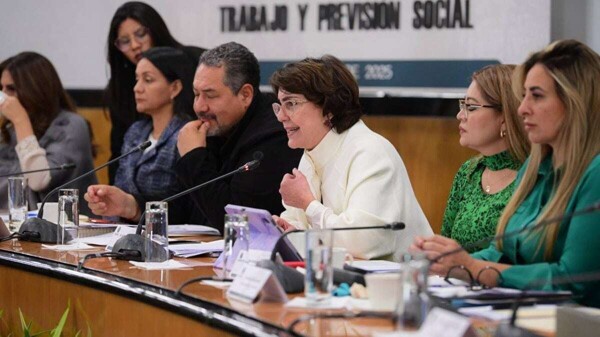
The proposal from Concanaco Servytur is a crucial step to strengthen the interests of Mexico and its entrepreneurs in the renegotiation of the T-MEC, seeking to strengthen the economy and international relations. The Mexican Specialized Container Terminal Hutchinson Ports LCT, located at the Port of Lázaro Cárdenas, Michoacán, successfully handled the arrival of the M/V Marco Polo, an emblematic cargo vessel of the CMA CGM container line, one of the largest shipping companies in the world.
During five days of dialogue, business opportunities, strengthening of production chains, and cooperation between Mexico, the United States, and Canada were discussed, resulting in a comprehensive proposal that will be presented to the government of Claudia Sheinbaum. Concanaco Servytur, which represents the tertiary sector responsible for 66% of GDP and 7 out of every 10 formal jobs in Mexico, shows its commitment to economic development.
In a growing legal sector, the transition of Armando Torres stands out, who after 35 years at PepsiCo Mexico as VP Legal and General Counsel, becomes a founding partner of EBL Consulting. Torres stated: "We have a city plan for this year, first Mexico City, then we move on to Quintana Roo, Cancún, Playa del Carmen, Mérida, then Guadalajara, and it ends in the entire west, like Los Cabos, which are cities that dominate both volume and tourism."
With a view to strengthening trinational cooperation and facing challenges in the review of the T-MEC in the era of Donald Trump, Concanaco Servytur brought together 631 business leaders, officials, and representatives in strategic forums. Under the leadership of its president, Octavio de la Torre, the confederation consolidates itself as a key player in the Mexican economy, watching over the welfare of entrepreneurs and workers and demonstrating the importance of collaboration between the public and private sectors in sustainable development.
On the other hand, Juan Manuel Pancic, general director of TripWip, mentioned the expansion plans of the carsharing platform in Mexican cities such as Monterrey, Guadalajara, and Cancún, with the ambitious goal of reaching half a million users in a year. TripWip has achieved more than 30,000 active users and has over a thousand vehicles listed in Argentina and Uruguay, with an initial investment of 20 million pesos for its expansion. This model contributes to the reduction of carbon emissions and the growth of the shared mobility sector in the country.














